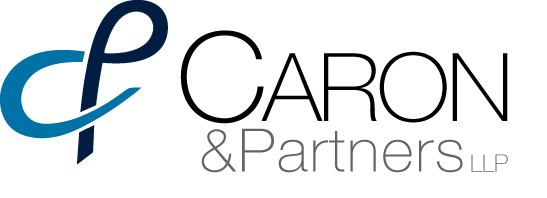Prepared By Timothy C. Platnich
The content of this article is intended to be informational only. We caution you against using or relying upon any information contained in this article without first seeking legal advice regarding your particular matter. All matters arising from the use of our website, including this article, shall be governed by Alberta law and shall be within the exclusive jurisdiction of the courts of Alberta.
These are extremely difficult times for many small businesses. Sadly, in some cases it may come down to a decision whether or not to save the business. No one wants to see their business fail. But, sometimes this is the right decision. Is it the right decision for you?
There are a number of legal considerations that bear on this decision. The legal considerations are, in addition to, and in some cases comingled with, accounting, investment and overall business decisions. This article focuses on legal considerations.
Most often the small business is conducted through a corporation. The corporation is tightly held in that it has few shareholders. The shareholders are often family members, friends and business partners.
The first legal question to address in closing down a business is what liabilities will be involved. If the business is held by a corporation, the general rule is that the liabilities of the business are those of the corporation, not of the shareholders or directors. So, for example, if the small business leases a premises, liability for the lease will be that of the corporation. If the corporation walks away from the lease, the landlord’s remedies will be largely restricted to what the lease between the landlord and the corporate tenant provides. The remedies will be against the corporation and the corporation’s assets, including those owned by the corporation and located on the premises. This analysis assumes that neither the shareholders nor the directors of the corporation have personally guaranteed the corporation’s obligations under the lease.
Another area of potential liability relates to debts of the corporation. These debts can include bank loans, equipment leases and other accounts payable. As in the above lease analysis, absent personal guarantees, as a general rule these debts of the corporation stop at the corporation.
Absent personal guarantees, shareholders are generally not legally responsible for the debts and liabilities of the corporation.
There are a number of areas where directors of a corporation can be held liable for debts of the corporation. One must be very careful about these types of debt. They generally relate to amounts owing to employees and amounts owing to government. For example, directors can be liable for collected, but unremitted GST and unremitted payroll withholdings.
Where personal liability may co-exist with corporate liability, the decision to close a business becomes much trickier than where liability resides entirely with the corporation.
If a decision is made to close the business, there are a number of legal options available. It may be possible to negotiate with creditors and arrive at a settlement of all debts of the business. Failing a successful settlement, other options include simply walking away or undertaking proceedings under the Bankruptcy and Insolvency Act.
What is the right course for you will depend on a careful analysis of many factors including those touched upon in this Article. We would be happy to provide you with legal advice on these matter if retained. A one hour consultation could go a long way in pointing you in the right direction.
Please do not hesitate to contact us.

